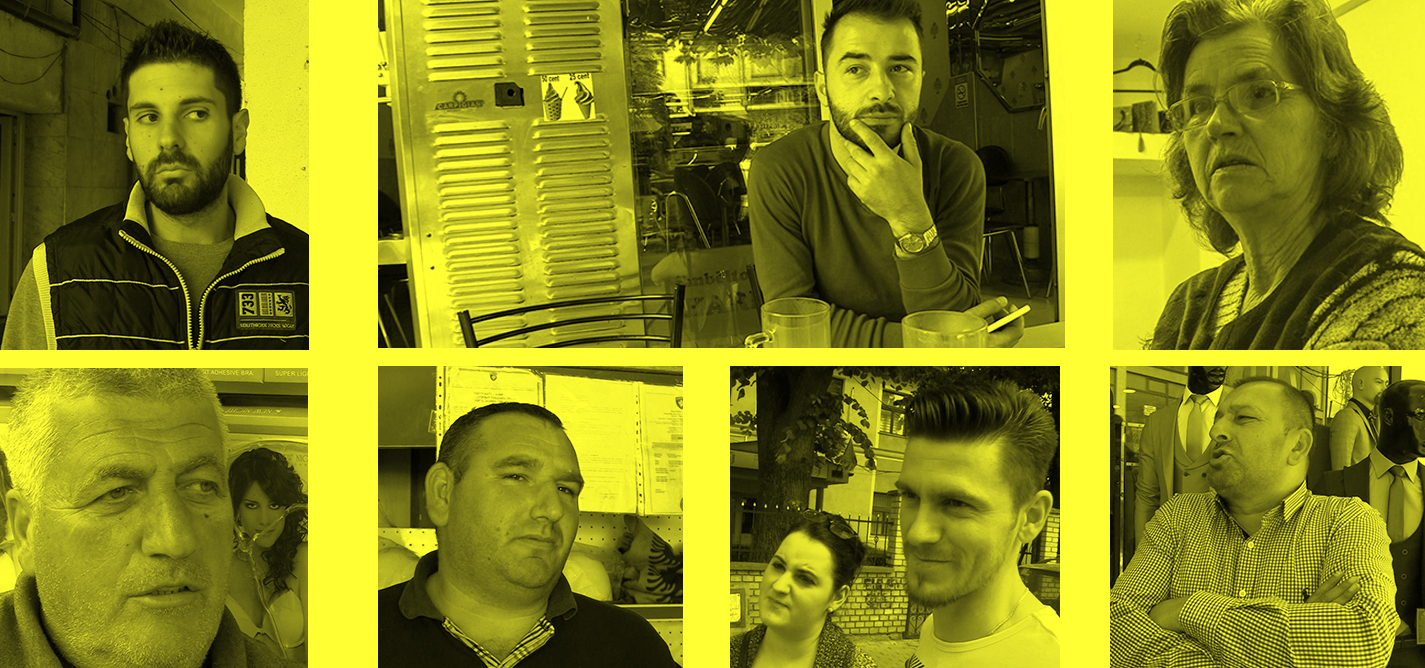
Nothing to vote for!
Meeting potential voters in disaffected Dukagjini region.
|08.06.2017
|
“Who is there to vote for? For who? For thieves?"
“Whenever we’ve needed it, the state has not helped us.”
Hairdresser, Peja.
Valmir Mehmetaj
Valmir Mehmetaj is a journalist who has previously worked in TV journalism and as a staff writer at Kosovo 2.0. Valmir studied communication sciences at the South East European University in Tetovo, Macedonia. He believes deeply in constant learning and forming original thoughts, and mainly writes about cultural and social issues.
This story was originally written in English.